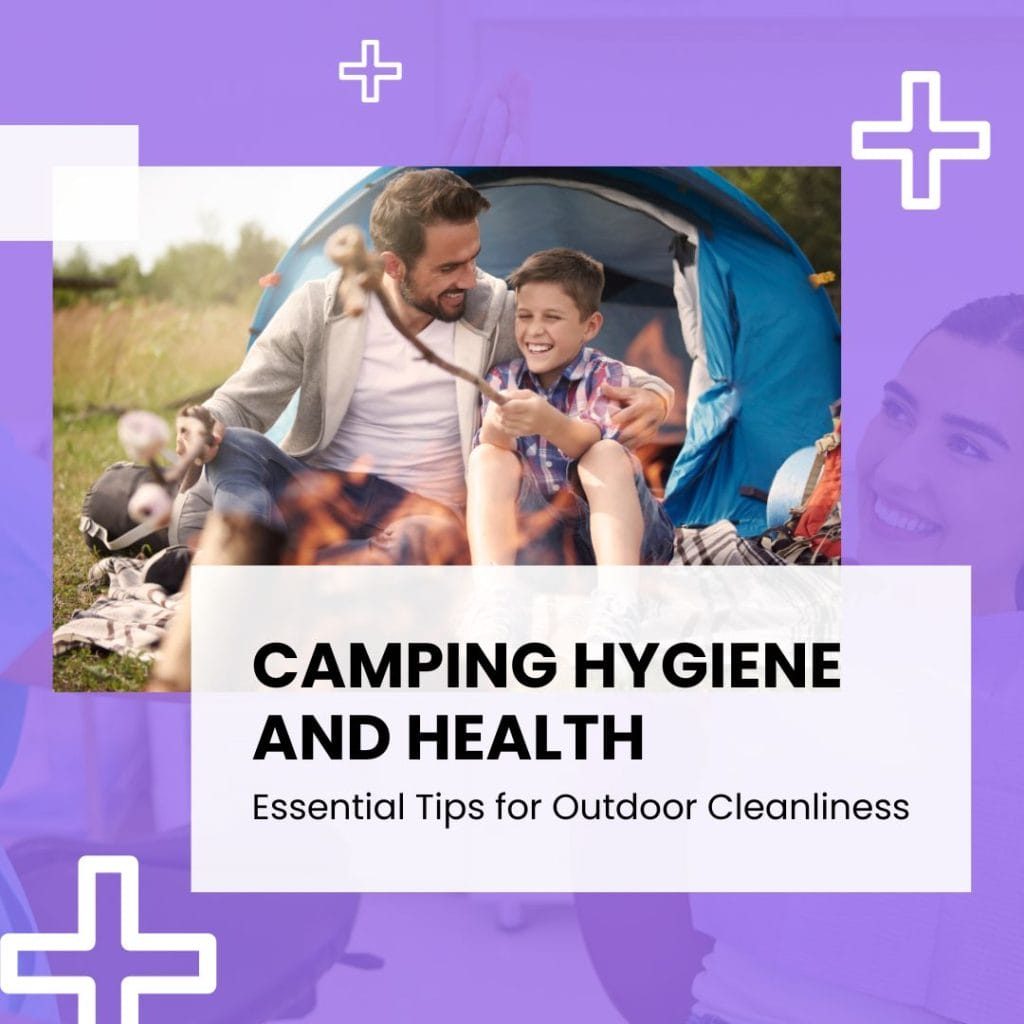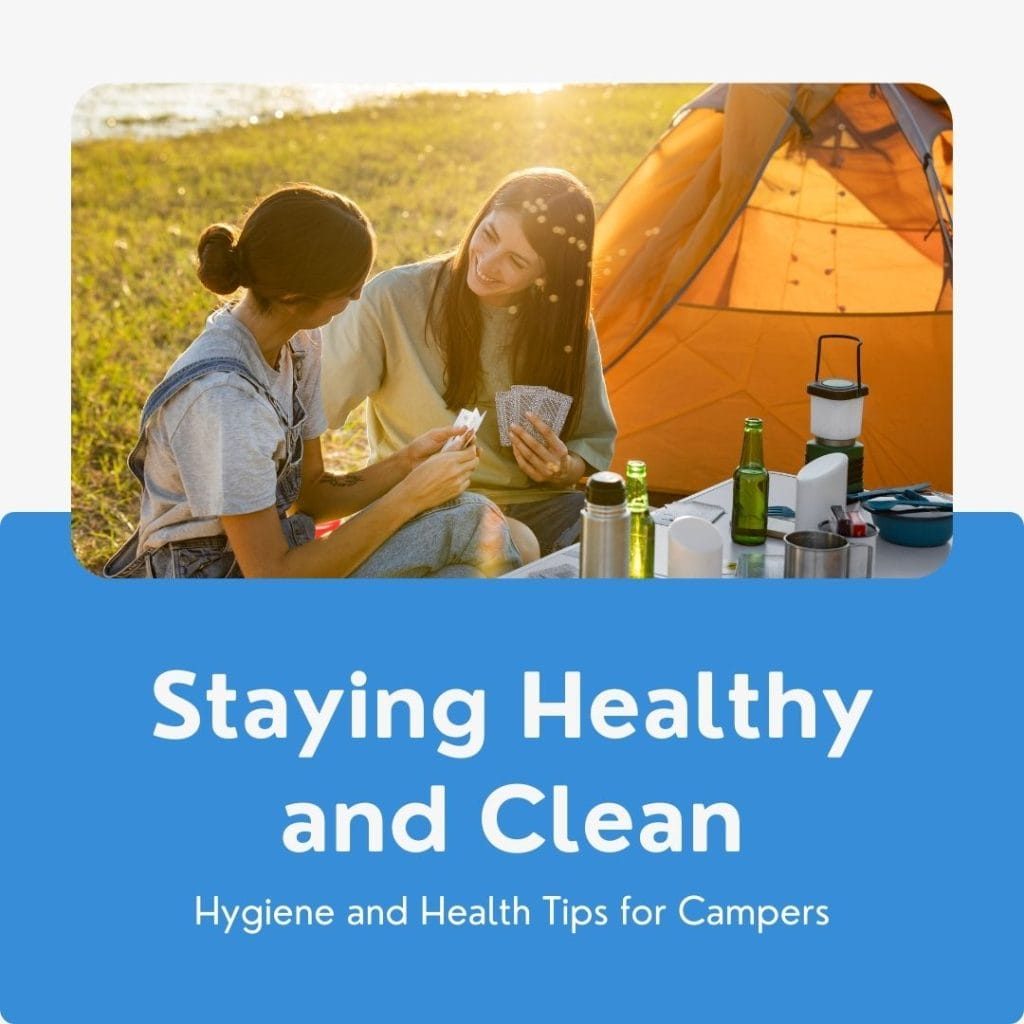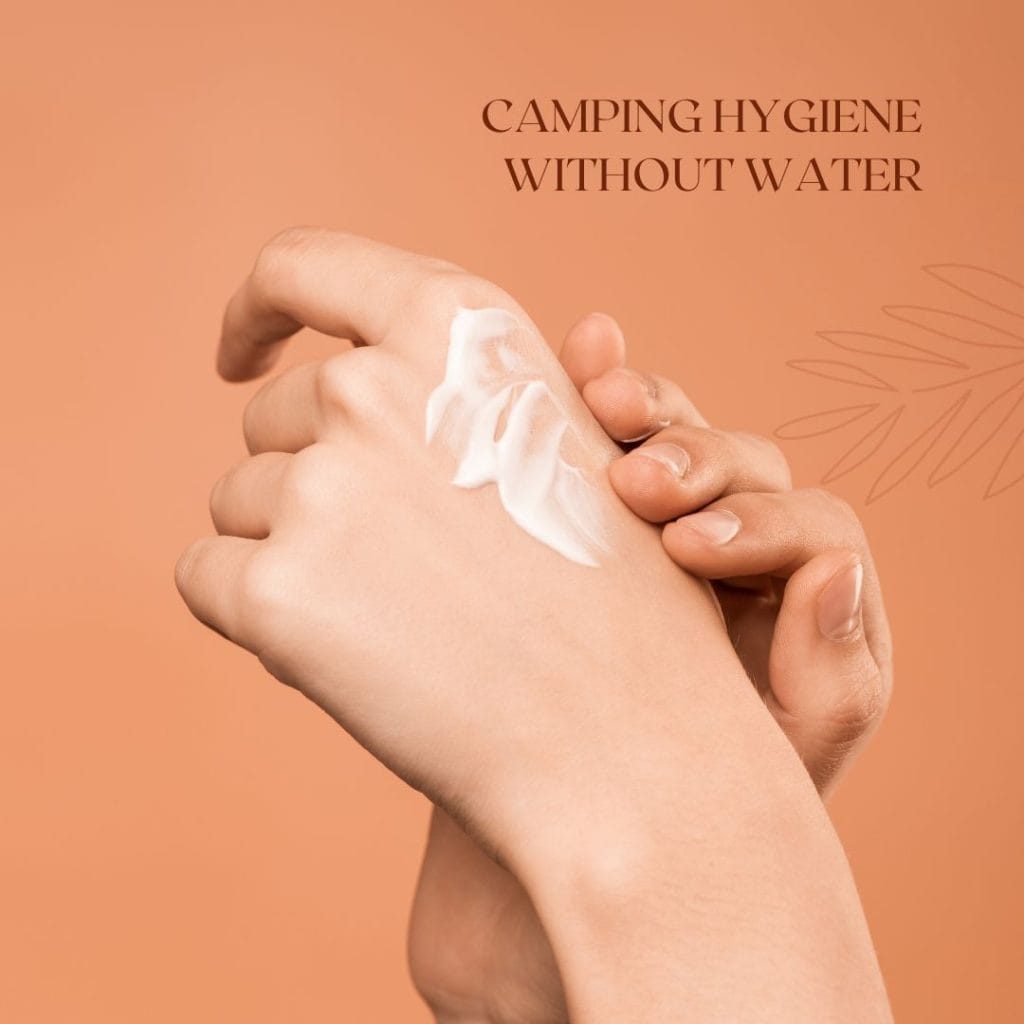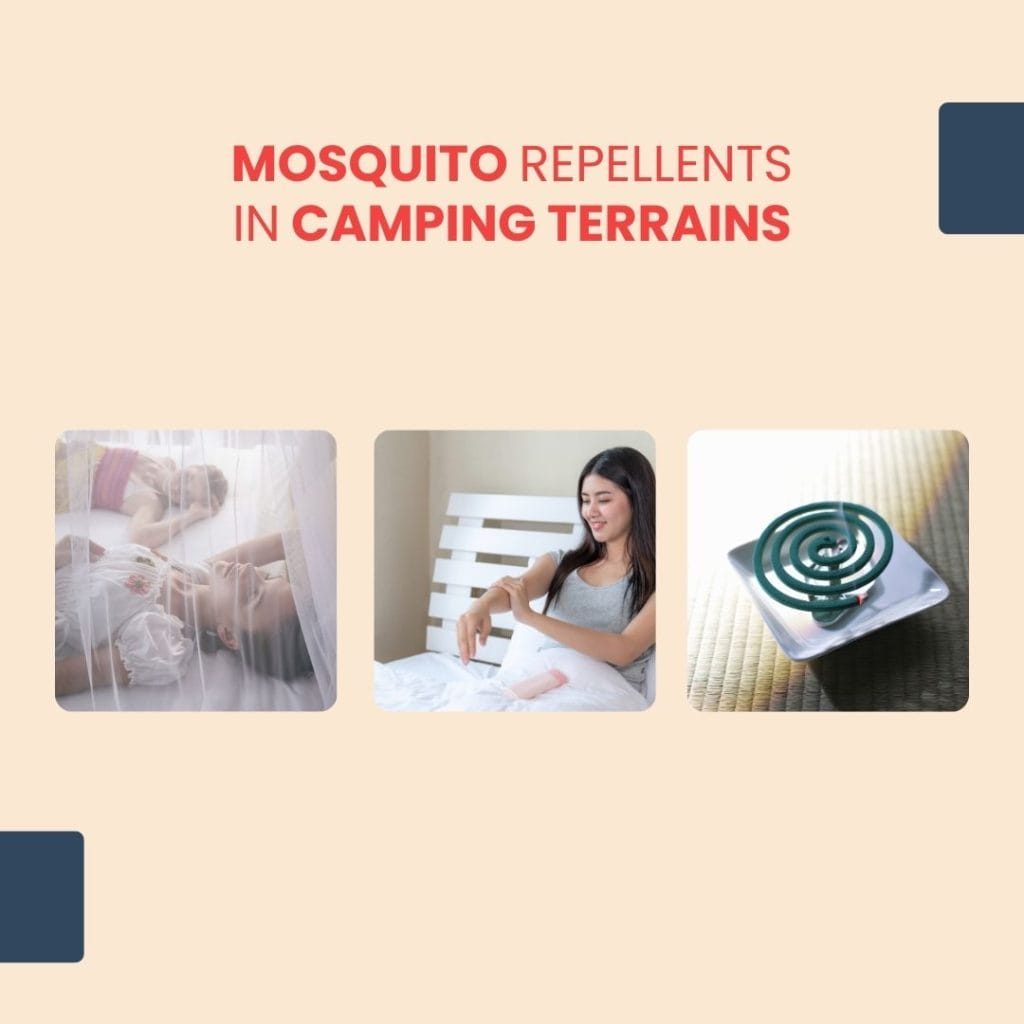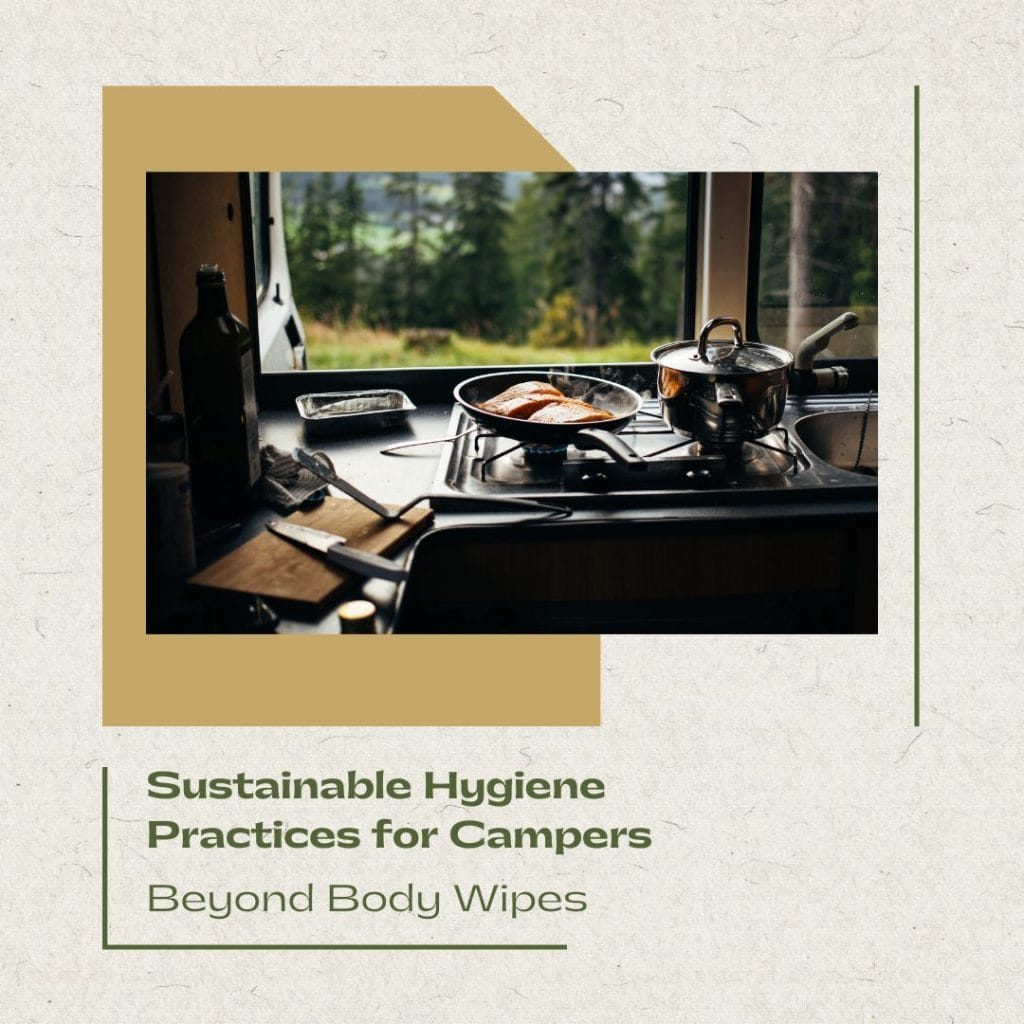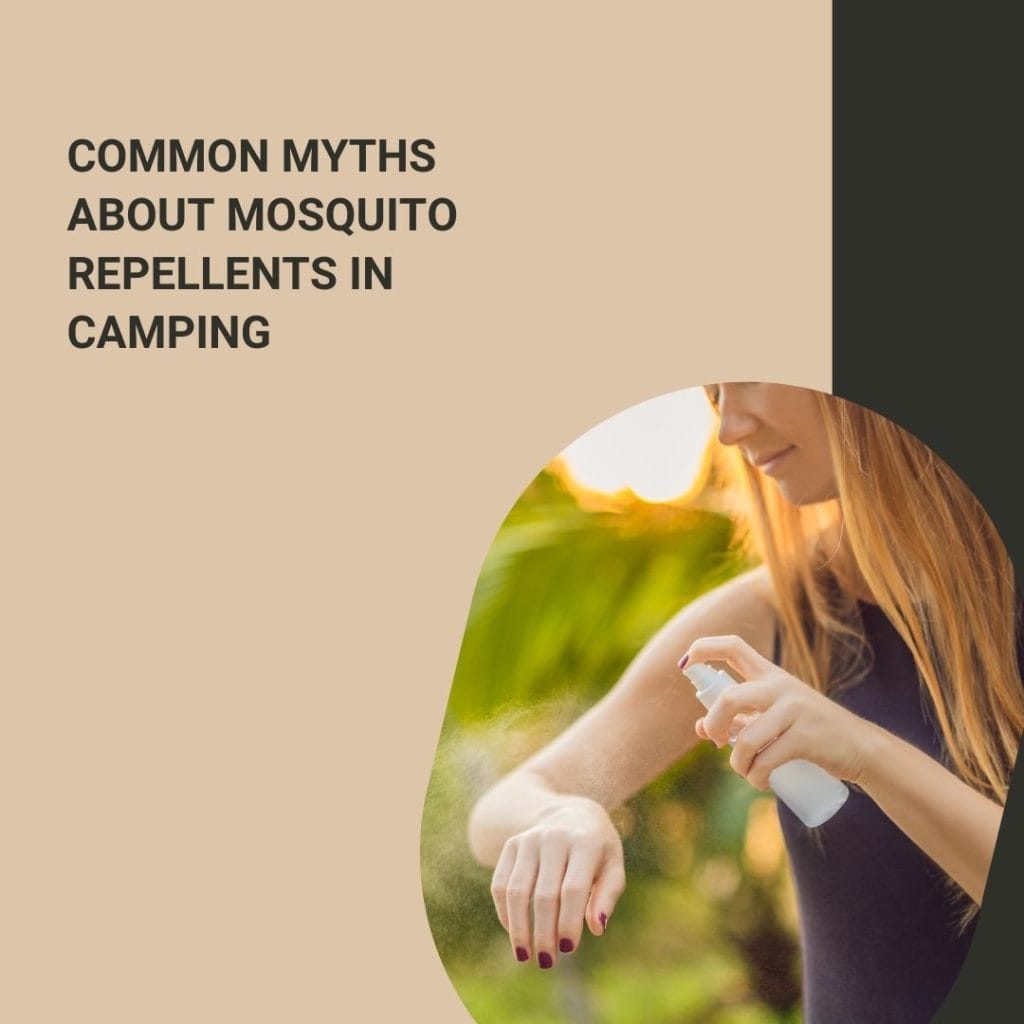Camping is a delightful experience, but the pesky mosquitoes can often dampen the joy. There are numerous myths surrounding mosquito repellents in camping that need to be debunked.
One commonly held belief is that all mosquito repellents are equal. This is not true. The effectiveness of a repellent largely depends on its active ingredients. DEET and Picaridin-based repellents typically provide longer-lasting protection compared to natural plant-based options.
Another myth is that higher concentrations of DEET offer better protection. While higher concentrations might last longer, they do not increase the level of protection. Lastly, many believe that mosquito repellents kill mosquitoes. In reality, they merely deter them, making you less attractive to these biting pests.
Understanding these facts about mosquito repellent camping myths can go a long way in ensuring a more comfortable and enjoyable camping experience.
Myth 1: All Mosquito Repellents Are the Same
While it’s tempting to lump all mosquito repellents into one category, this is far from the truth. Every product varies based on its ingredients, effectiveness, and safety.
Many believe that if a product is marketed as a mosquito repellent, it will do the job, but this is a major mosquito repellent camping myth. The active ingredients in these products can wildly differ. You’ll find repellents containing DEET and Picaridin, while others have natural plant-based alternatives. Note that DEET and Picaridin-based repellents often provide longer-lasting protection.
The effectiveness of repellents is another variable factor. Some products only reduce mosquito attraction, whereas others provide a full-on invisible barrier against these pests. Safety is also essential. Although most repellents are safe for general use, some might cause skin irritations or allergies. Always check the product labeling for any potential risks.
Myth 2: Eating Garlic Repels Mosquitoes
Garlic is lauded for its robust aroma and flavor, often hailed as a natural mosquito deterrent in folk remedies and camping lore. However, there is no scientific backing for this claim.
Ingesting garlic results in its compounds being metabolically processed, with minimal emission through the skin. This means that the smell of garlic, which is believed to repel mosquitoes, is not sufficiently expressed externally to deter these pesky insects.
Moreover, it’s important to note that mosquitoes are primarily attracted to carbon dioxide, body heat, and specific body odors, not repelled by food substances we consume. Consequently, the garlic mosquito repellent camping myth is just that – a myth. It’s more effective to rely on tested and proven methods such as DEET or Picaridin-based repellents for protection.
Myth 3: Bug Zappers Are Effective Mosquito Repellents
Often seen as a dependable solution for warding off mosquitoes, bug zappers, unfortunately, aren’t as effective as one might hope. This common misconception leads many campers to invest in these devices, contributing to the spread of the mosquito repellent camping myth.
The truth is, while bug zappers are adept at luring and eliminating a broad spectrum of insects, mosquitoes aren’t typically part of that category. Mosquitoes are more attracted to carbon dioxide and body heat emitted by humans rather than the ultraviolet light of bug zappers.
Furthermore, studies indicate that a majority of insects killed by these zappers are harmless, beneficial bugs, not the biting female mosquitoes that cause discomfort. Thus, relying on bug zappers for mosquito protection during camping trips is largely ineffective. It’s far more beneficial to use proven repellents and techniques such as wearing long sleeves, using repellents with DEET or Picaridin, and staying in well-screened areas whenever possible.
Myth 4: Mosquitoes Are Only Active During Dusk and Dawn
It’s a commonly held belief that mosquitoes are only active during dusk and dawn, but this is yet another mosquito repellent camping myth. The activity patterns of mosquitoes actually vary greatly depending on the species.
Some species, like the Anopheles mosquitoes, are indeed most active during twilight hours. However, the Aedes mosquitoes, which are known carriers of illnesses like Zika, Dengue, and Yellow Fever, are day biters. They are most active during early morning and late afternoon.
Culex mosquitoes, which can transmit West Nile Virus, are primarily active during the night. This wide variation in activity patterns among mosquito species highlights the importance of consistent protection. Therefore, relying solely on the time of day to avoid mosquito bites during camping trips can leave you vulnerable to these pesky pests. Protecting yourself at all times is a much safer approach.
Myth 5: Citronella Candles Are the Best Mosquito Repellents
This widely held belief is yet another mosquito repellent camping myth. The truth is, mosquito activity isn’t confined to dawn and dusk. It varies greatly depending on the species. Some, like the Anopheles mosquitoes, are indeed most active during twilight. However, Aedes mosquitoes, known carriers of Zika, Dengue, and Yellow Fever, bite mostly during early morning and late afternoon. In contrast, Culex mosquitoes, which can transmit West Nile Virus, primarily come out at night. Thus, relying solely on time of day for protection can leave you exposed to these pests. Consistent protection is key.
Myth 6: Mosquitoes Are Attracted to Certain Blood Types
Contrary to popular belief, the notion that mosquitoes are attracted to specific blood types is a well-entrenched mosquito repellent camping myth. While studies have indicated that people with Type O blood might get bitten slightly more often, the difference is not significant enough to be a reliable factor in mosquito attraction.
Mosquitoes are primarily attracted to carbon dioxide and body heat emitted by humans. They also respond to certain body odors resulting from sweat and skin microbiota. These factors vastly outweigh the influence of blood type on a mosquito’s choice of host. Hence, no matter your blood type, it’s crucial to take preventive measures when camping.
Myth 7: Bats and Birds Can Effectively Control Mosquito Populations
Bats and birds form part of the natural ecosystem and indeed consume mosquitoes, often touted as a natural pest control method. However, the reality is that they are not efficient mosquito population controllers. Mosquitoes make up a relatively small part of their diet, with bats preferring beetles, moths, and other larger insects. Birds, too, have a diverse diet and don’t solely rely on mosquitoes for nourishment. Additionally, the sheer volume of mosquitoes compared to these predators makes it impossible for bats and birds to cause a significant dent in their populations. Therefore, relying on them for mosquito control during camping trips is largely ineffective.
Myth 8: All Mosquitoes Transmit Diseases
The belief that all mosquitoes transmit diseases is another misconception. It’s crucial to understand that disease transmission is intricately linked to mosquito species and geographical location. Only certain species are capable of carrying and transmitting specific diseases. For instance, Aedes mosquitoes are known vectors for Zika and Dengue, while Anopheles mosquitoes transmit Malaria.
Moreover, the spread of these diseases is also largely dependent on the geographical area. Some regions have a higher prevalence of these diseases due to environmental conditions favorable to these mosquito species. Thus, while precautionary measures are necessary, it’s important to remember that not every mosquito bite leads to a disease.
Myth 9: DEET is Dangerous
The myth that DEET is dangerous is yet another mosquito repellent camping myth. DEET, a common ingredient in many mosquito repellents, has been subject to scrutiny over potential health effects. However, when used as directed, it’s considered safe for humans. The Environmental Protection Agency (EPA) has evaluated DEET for its safety and efficacy, approving its use for the general population, including children. While DEET can cause skin irritation in some cases, such instances are rare and largely preventable through proper application. Therefore, it’s essential to follow the product instructions for safe and effective use. Remember, the goal is to enjoy your camping trip without the discomfort and potential health risks of mosquito bites.
Myth 10: Ultrasonic Devices Repel Mosquitoes
Ultrasonic devices have long been marketed as mosquito deterrents, promising to emit high-frequency sound waves that supposedly repel these pests. However, this is largely a mosquito repellent camping myth.
Scientific studies have consistently found little to no evidence supporting these claims. In fact, the Federal Trade Commission has cautioned manufacturers against misleading consumers with such assertions. Mosquitoes are not effectively deterred by ultrasonic frequencies.
For reliable mosquito protection during camping trips, stick to proven methods. This includes DEET-based repellents, wearing protective clothing, and camping in screened areas. Relying on unproven ultrasonic devices could leave you unnecessarily exposed to mosquito bites.

